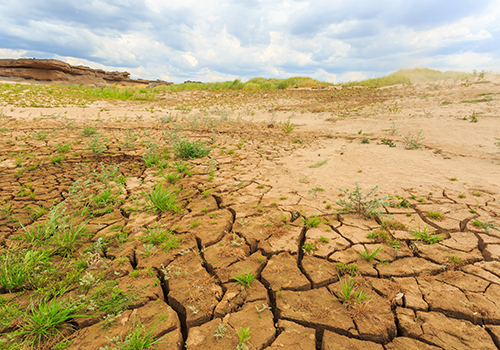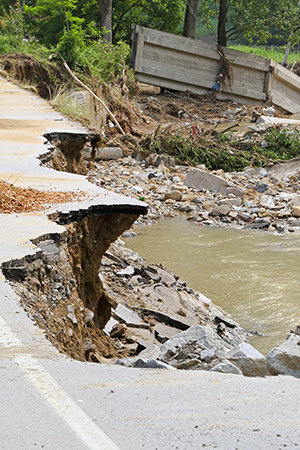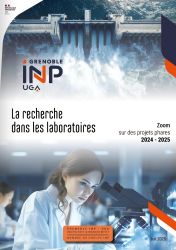While France is preparing to host the Conference of the Parties to the United Nations Framework Convention on Climate Change (COP 21) in December, Grenoble INP contributes to the study of the regional impact of climate change on water resources and promotes energy transition through THE teaching and research carried out in its co-directed laboratories.

Next December, the representatives of 195 nations will negotiate to jointly engage in a strategy to limit the global increase of temperature to 2 °C. The situation is urgent because climate change is a reality in the field. The increase in global temperatures is already reflected by an intensification of the water cycle. The more the atmosphere warms up, the more it is capable of storing and transporting moisture, explains Sandrine Anquetin, director of research at the CNRS laboratory for the study of transfer in hydrology and the environment (LTHE). The intensification of the water cycle has been scientifically proven on the global scale. It is now essential to understand and anticipate its activity on the regional scale.
 Contrasting effects
Contrasting effectsThe same causes do not produce the same effects everywhere on the planet. Thus, while scientists predict an increase in precipitation in certain regions, they also predict an increase of aridity in other regions that have already dried up. Longer and more intense periods of drought will occur, affecting the flow of rivers and the storage of water in the ground or in the vegetation, says Nicolas Gratiot, of the Institut de Recherche pour le Développement, researcher at the LTHE and contributor to the Grenoble INP MOOC "Of Rivers and Man". This will pose the problem of freshwater supply, a vital resource for man, agriculture, energy production, etc. The inexorable melting of glaciers, studied at the LGGE and which may for example be monitored with the radar imaging tools developed by GIPSA-lab, is an additional marker of warming and contributes to the depletion of freshwater resources.
Grenoble IN'Press
Contact
- Vice-présidente Innovation et Relations entreprises
Gaëlle Calvary - Directeur de la DRIVE
Cédric Di Tofano Orlando
Tél. 04 76 57 43 16 - Annuaire





